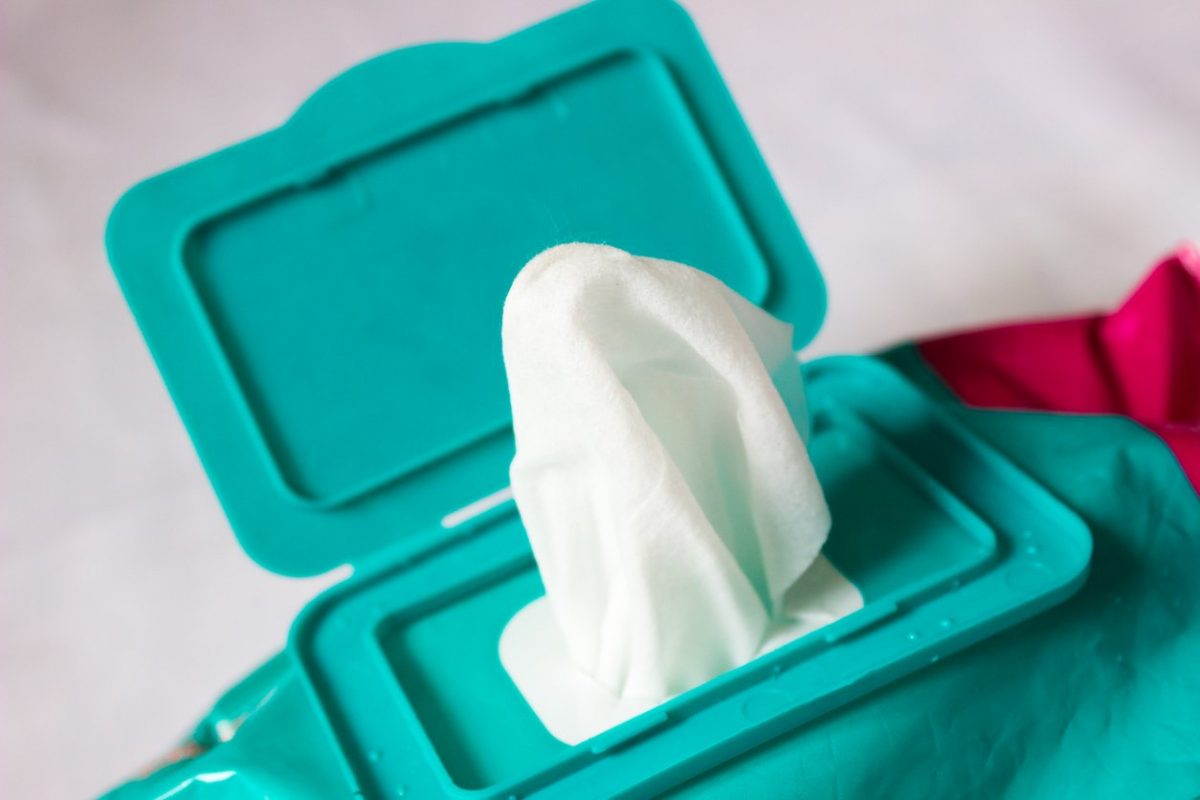Lifestyle, News trend
How to Make Your Own Sanitizer Wipes at Home During the Coronavirus Crisis
It’s increasingly difficult to find disinfectant wipes on store shelves during the coronavirus pandemic, but we need them more than ever to avoid getting sick. If shops near you or online are out of Clorox Wipes or Lysol Wipes, you can make your own sanitizer wipes at home, but you have to use the correct ingredients for them to be effective. The CDC has specific guidelines for disinfectants, and they’re especially important to remember in the COVID-19 crisis.
What ingredients work for disinfectant wipes?
There are actually quite a few cleaning products you can use in disinfectant wipes to kill coronavirus. The EPA has a full list here. Can’t make it out to shop or online stores have been cleaned out of what you need? Here’s how to make the most of what you have in your house.
Alcohol
Dr. Shannon Sovndal of Boulder, CO, advises, “You need at least 70 percent alcohol, and even 80-proof vodka is only actually 40 percent alcohol.” If you were to actually raid your liquor cabinet for disinfectant purposes, use booze that’s at least 140-proof, like Everclear, Golden Grain or Spirytus Vodka. Household rubbing alcohol is effective as long as it’s at least 70 percent alcohol.
Hydrogen Peroxide
Hydrogen peroxide, as long as it’s three percent, can be used as a disinfectant—but keep it in a dark colored bottle, because the chemical is unstable when exposed to light.
Bleach, Lysol, Pine-Sol and Other Specifically-Labeled Disinfectant Cleaners
Dr. Sovndal recommends using bleach or Pine-Sol, Mr. Clean and Lysol-type products—just be sure the bottle says it’s an actual disinfectant, because not all of these products and their myriad varieties have disinfectant properties. Like bleach, you can mix these products with water and dilute them. The key here is the ratio: You want five tablespoons (or 1/3 cup) of bleach per gallon of water, or for smaller batches, four teaspoons of bleach per quart of water. For other products, their labels have a guide to disinfectant water-to-product ratios.
What doesn’t work for disinfectant wipes?
Dr. Sovndal against using products like essential oils and other “holistic” types of cleaners because they won’t actually kill germs or viruses. “White vinegar, vodka and lemon juice also don’t work,” he warns. That said, if you want to add essential oils for fragrance, that’s fine—just make sure you aren’t relying on them as the actual disinfectant in your solution.
How can I make disinfectant wipes with bleach?
YouTuber “Do It On a Dime With Kathryn” has an easy-to-follow DIY video on how to make your own disinfectant wipes with bleach following the CDC guidelines. If you can’t watch, here are the steps:
- Grab a roll of sturdy paper towels and cut it half (a kitchen knife works well for this).
- Mix at a tablespoon of bleach with two cups of water.
- Put each of your rolls of paper towels in an airtight container.
- Pour one cup of the bleach solution over each of the rolls in each container, then seal.
How can I make disinfectant wipes without bleach?
If you’re using Lysol, alcohol or another disinfectant instead of bleach, simply follow their label’s disinfectant dilution ratio instructions for the solution. If you’re using hydrogen peroxide, be sure that whatever container your wipes are in are dark-colored and opaque.
What surfaces in my home are safe to clean with disinfectant wipes?
You want to be sure that whatever solution you’re using for your disinfectant wipes is safe for the surfaces you’ll be cleaning. Check your labels, be it for bleach or other disinfectant cleaners, to be sure it won’t damage, strip or stain your surfaces. Disinfectant wipes are typically best for most hard, nonporous surfaces. These generally include the following, but your own home and its materials may vary:
- Countertops
- Trash cans
- Door knobs
- Faucets and faucet handles
- Cabinet handles and knobs
- Drawer handles and knobs
- Toilets
- Light switches
- Remote controls
- Steering wheels
- Gear shifts
- Refrigerator handles
- Oven handles
- Microwave door handles
What else should I remember when using disinfectant wipes?
If you’re using disinfectant wipes of any kind, be sure you’re in a well-ventilated area. If your disinfectant wipes are made with bleach, never use them with ammonia or other chemicals. Also be sure you’re giving your disinfectant wipes enough time to actually kill the coronavirus on surfaces—if you’re not sure how much time you need, check out the EPA and CDC’s guidelines here.

